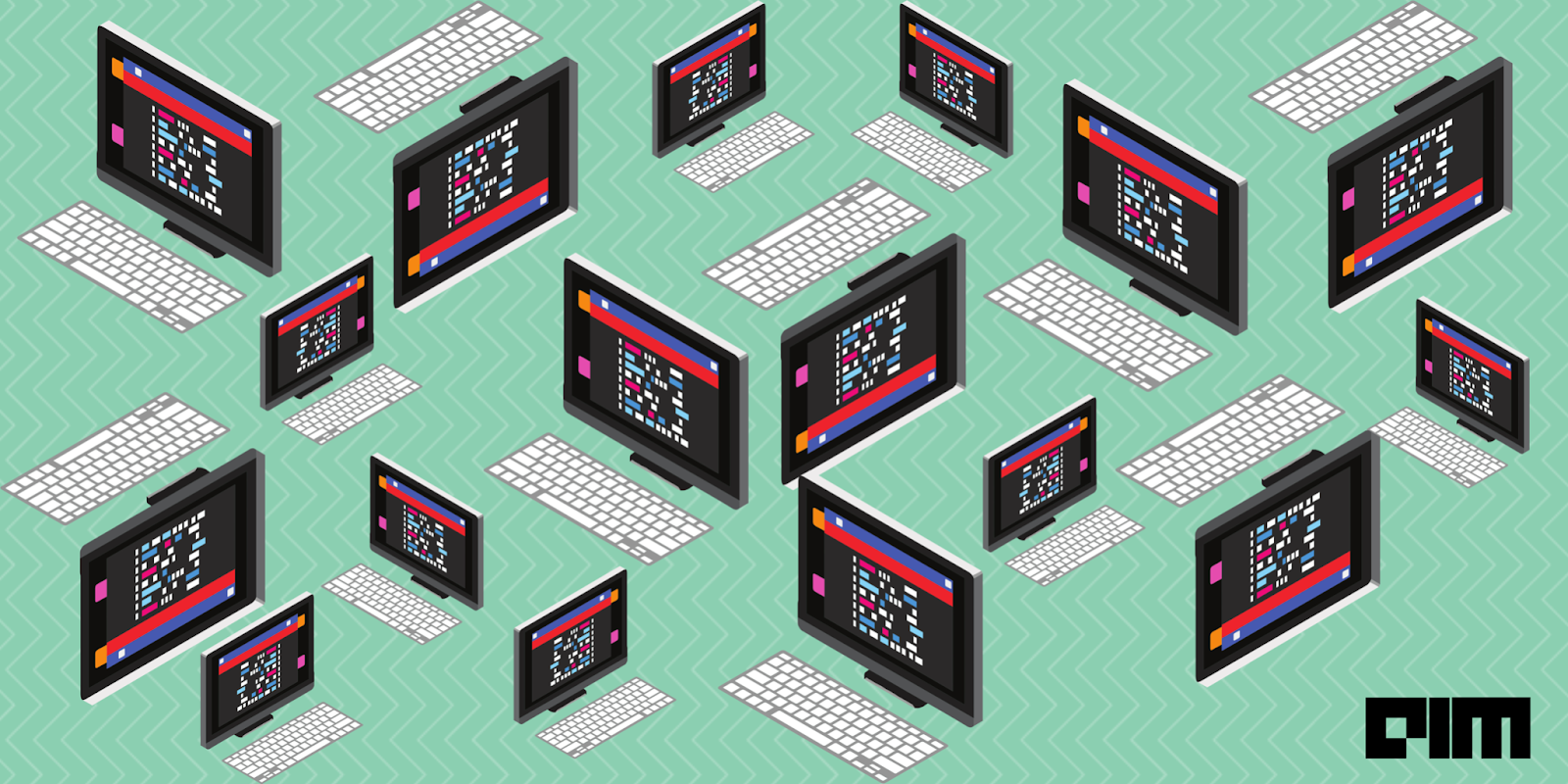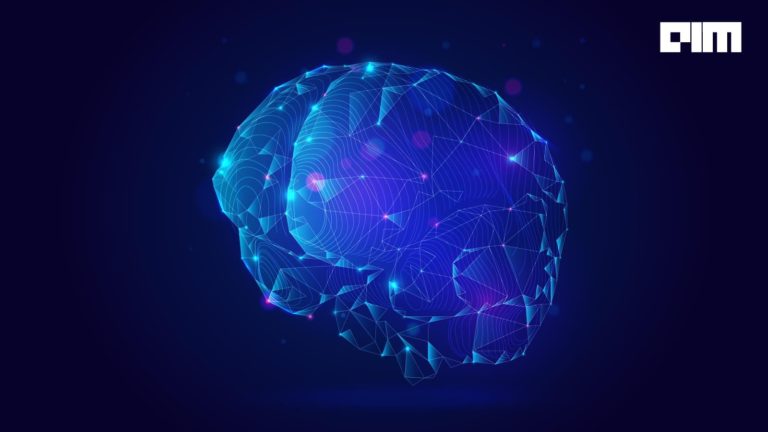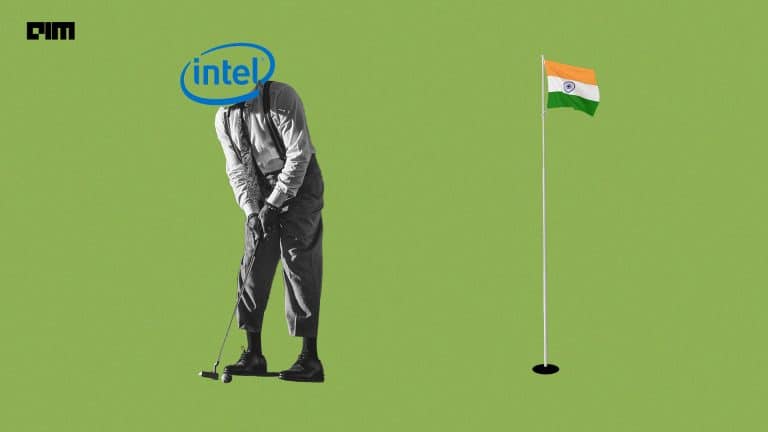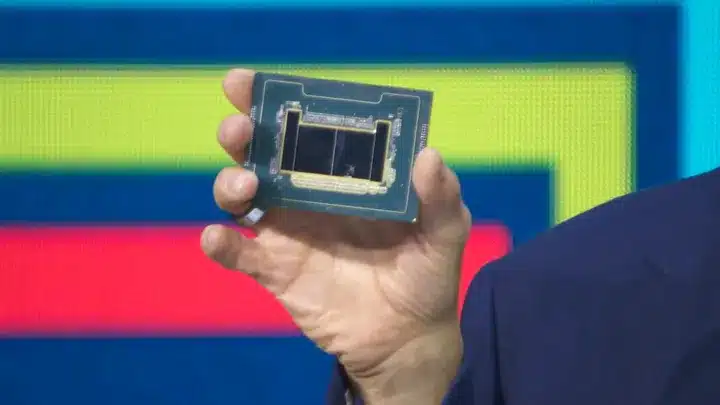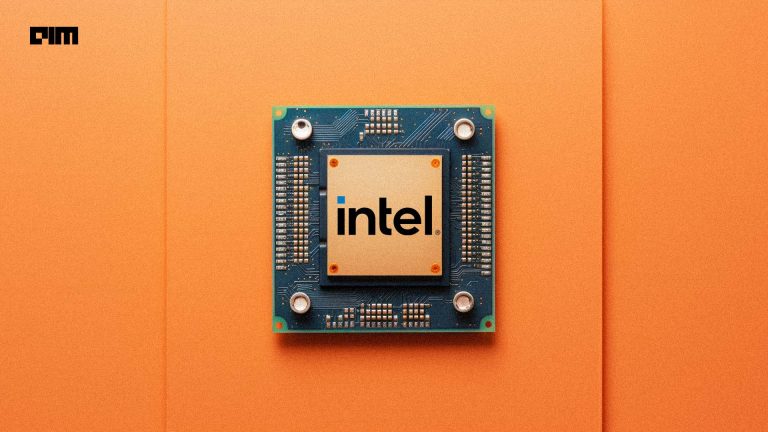“ Intel’s oneAPi enables developers to work without the exhaustion of juggling with different languages, tools, libraries and different hardware.”
Intel’s oneAPI is an open, accessible and standards-based programming system that enables developer engagement and innovation across multiple hardware architectures, including CPUs, GPUs, FPGAs, AI accelerators, and more. These tools all have very different properties and are thus used for various operations–which oneAPI attempts to simplify by unifying them under one model.
A persisting problem faced by developers even today is the volume of programming environments our increasingly digital world offers. Disparate programming environments disable time-saving strategies such as code reusing and turn into real hurdles for software developers. Intel unveiled oneAPI at its Supercomputing event in 2019 as a part of its software-first strategy. The model signalled Intel’s ambitions to have a unified programming framework as a solution to limiting proprietary programming platforms.
oneAPi enables developers to work without the exhaustion of juggling with different languages, tools, libraries and different hardware. Here are a few top features of oneAPI:
Data Parallel C++
To make oneAPI possible, Intel developed the data-parallel language DPC++ (or Data Parallel C++). This language, which is open-sourced, incorporates C++ and the Khronos Group’s SYCL to support data parallelism and heterogeneous programming. The language is reportedly similar to how standard C++ works, with added extensions to it, making it easy for developers to transition to DPC++.
Libraries
oneAPI allows data parallelism by leveraging two types of programming: API-based programming and direct programming.
Within API-based programming, the algorithm for this parallel application development is hidden behind a system-provided API. oneAPI defines a set of APIs for commonly used data-parallel domains and provides library implementations across various hardware platforms. This enables a developer to maintain performance through multiple accelerators with minimal coding and tuning. These libraries are-
oneAPI DPC++ Library (oneDPL)
oneDPL has algorithms and functions to speed up DPC++ kernel programming. The oneDPL library follows the C++ standard library’s functions and includes extensions to support data parallelism and extensions to simplify data-parallel algorithms.
oneAPI Math Kernel Library (oneMKL)
oneMKL is used for fundamental mathematical routines in high-performance computing and applications. This functionality is divided into dense linear algebra, sparse linear algebra, discrete Fourier transforms, random number generators, and vector math.
oneAPI Data Analytics Library (oneDAL)
oneDAL helps speed up big data analyses by providing optimised building blocks for algorithms for different stages of data analytics—preprocessing, transformation, analysis, modelling, validation, and decision making.
oneAPI Deep Neural Network Library (oneDNN)
oneDNN, allows neural network functions for deep learning applications and frameworks.
oneAPI Collective Communications Library (oneCCL)
oneCCL enables primitives for communication patterns that take place in deep learning applications.
oneAPI Threading Building Blocks (oneTBB)
oneTBB is the threading and memory management library. It is used to specify logical parallelisms in algorithms, which it does through mapping that parallelism onto execution threads.
oneAPI Video Processing Library (oneVPL)
oneVPL is a programming interface for video encoding, decoding and processing for portable media pipelines on CPUs, GPUs and other platforms.
Despite this, some problems are not very well-suited to API-based programming. This is because solutions to these may not have standard solutions or require a customisation level that users cannot quickly implement via a library. Here, direct programming needs to be used, which involves the programmer directly writing efficient algorithms for parallel architectures.
Level Zero
A final key component enabling oneAPI is its low-level hardware interface. Level Zero is a low-level direct-to-metal interface for DPC++ and oneAPI’s libraries. Level Zero supports broad language features such as unified memory, virtual functions, and I/O capabilities whilst providing direct controls required by high-level APIs such as kernel submission, memory allocation and inter-process sharing of data.
Moving to unified developments like oneAPI eliminates the need to work with different codebases, tools and programming languages. This flexibility is necessary given the use of multiple architectures by many programmers and data experts. Today, oneAPI is very well received with many large companies employing oneAPI’s elements—including Microsoft’s Azure AI and TensorFlow. Codeplay has also released an open source layer to allow oneAPI to run on Nvidia GPUs. oneAPI lets developers get away with the hassles of choosing vendor-specific libraries and tools. This makes oneAPI a powerful tool for developers today.


